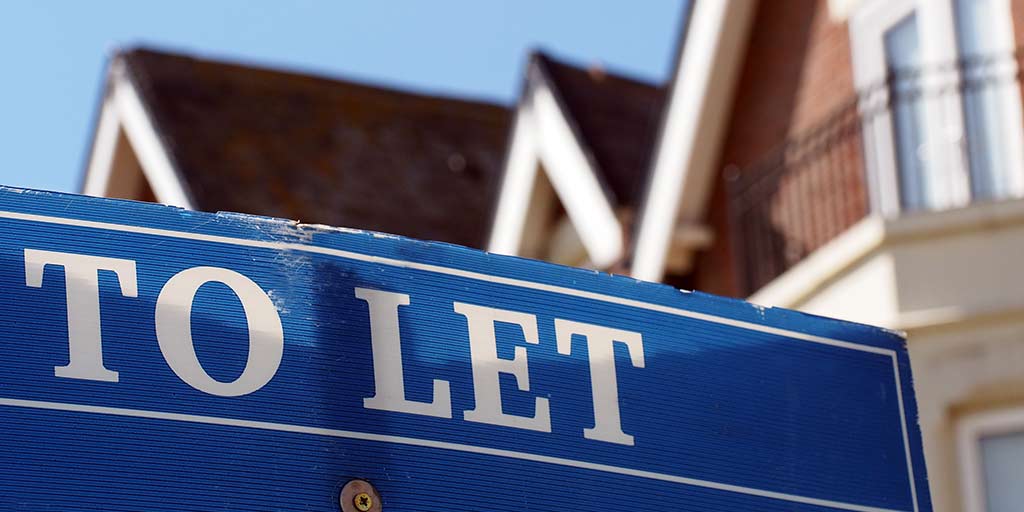This information should not be interpreted as financial, tax or legal advice. Mortgage and loan rates are subject to change.
Categories: government and politics | prs
The Ministry of Housing, Communities and Local Government is spending £100,000 on a feasibility study to investigate the creation of a national landlord database.
The aim of the study is to identify the best way to set up a national register, for England’s 2.3 million private landlords.
“Exploring the merits”
“Discovery: exploring the merits of introducing a national landlord register” is the title of the study and it goes hand in hand with the proposed Whitepaper promised in the autumn.
The proposal goes on to state: “[The]Government has committed to bringing forward reforms to drive improvements in standards in privately rented accommodation and supporting local authorities to conduct well targeted, effective enforcement that drives out criminal landlords. As part of this commitment, the government wishes to explore the merits of a national landlord register.”
The argument stands that local authorities have limited information on the landlords operating in their areas.
This means the authorities feel they cannot effectively enforce PRS property standards, a point that was raised by the National Residential Landlords Association earlier this month.
The proposal believes that private tenants should have the ability to access information about their landlords prior to signing tenancy agreements.
“The Government wishes to explore the feasibility of introducing a national landlord register in England. Through a joint policy and digitally led approach, we would like to understand the different models available for pursuing solutions to our identified problems and to further understand the difficulties individuals face when renting, letting or enforcing property standards in the Private Rented Sector.”
Landlord registration schemes
Some exploratory work will likely focus on the Welsh and Scottish landlord registration schemes currently in place.
Wales’ RentSmart programme relies on heavy regulation and enforcement, however, it comes with a heavy expense at £200+ a year.
Scotland’s more straightforward scheme charges a fee of £67 per landlord and £15 per property.
The exploratory work will begin by the end of August and is contracted to take between 8 and 10 weeks.
Landlord response
Finding ways of eliminating rogue landlords from the sector is a welcome prospect for all. Certainly, it has long been debated that whilst councils do have powers of enforcement, their capacity to act upon them is a key challenge.
However, the initial response from landlords is mixed. Questions have been raised around landlords being scrutinised on a national database, without an equivalent register of tenants.
Some feel this won’t be enough to stop rogue landlords from giving the sector a bad name as some tenants will always be looking for the cheapest option, or may not be privy to current rules around the PRS.
Others take a positive view, suggesting that a database clearly identifying the majority of good landlords complying with the rules, will help to highlight those falling far from the mark and facilitate action against them.





